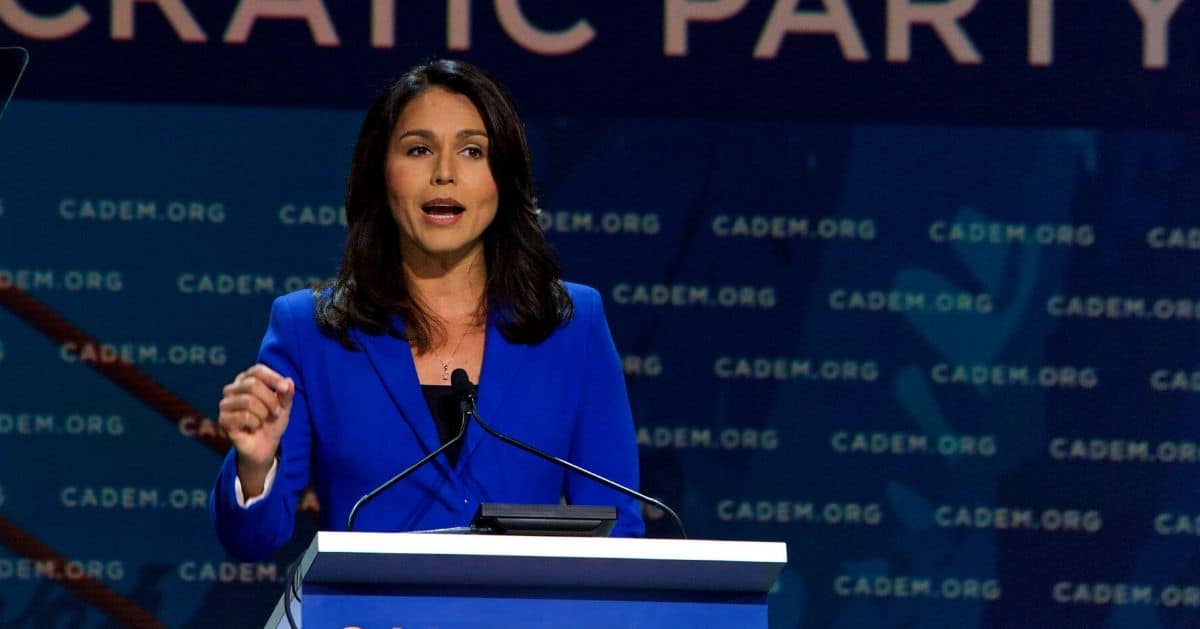






The North Carolina Supreme Court has dismissed a significant appeal involving the validity of more than 60,000 ballots in a closely contested judicial election.
The Associated Press reported that this decision postpones the final determination of who will secure a vital eight-year term on the court, affecting Republican Jefferson Griffin and the current Associate Justice, Democrat Allison Riggs.
Griffin’s request sought to invalidate a substantial number of votes, potentially altering the current election outcome favoring Riggs. Post-recount, Riggs leads Griffin by a narrow margin of 734 votes, with over 5.5 million ballots cast.
However, the Supreme Court has decided not to act directly. Instead, they have instructed that Griffin’s appeals be initially reviewed by the Wake County Superior Court.
This procedural pause points to a complex legal battle ahead as Griffin contests the legitimacy of thousands of ballots.
The Supreme Court’s ruling was unanimous, supported by six justices, with Associate Justice Riggs recusing herself due to her involvement in the race.
The court emphasized the uniqueness of issuing what is known as a "writ of prohibition," indicating it is an unusual judicial action. Their decision directs Wake County to expedite the review of Griffin's claims as quickly as possible.
Since Election Day occurred approximately two and a half months ago, there has been urgency to resolve these issues. The trial delay leads to a stalling of the final certification of the election results, with a stay in place since January 7.
Adding further complexity, a related legal discussion continues in a federal court. Lawyers for Griffin argue that state election laws regarding voter registration and identification have been violated. The debate raises questions over whether these challenges to ballots should be adjudicated at the federal level.
Riggs, maintaining that the questioned ballots are legitimate, argues that Griffin is attempting to reverse the election results without basis.
Beyond North Carolina, federal court deliberations are set to determine if any of these ballots' issues should be federalized, which could extend the judicial process significantly.
While Griffin's legal team claims procedural breaches, Chief Justice Paul Newby acknowledged the complexity surrounding the case. Newby underscored the importance of Griffin's right to explore outcomes through all available legal avenues.
Justice Anita Earls provided a pointed critique of the ongoing delay, highlighting the lack of evidence that any of the challenged ballots were fraudulently cast. Earls expressed confidence in the judiciary's ability to assess the claims equitably without bias, lending legitimacy to the ongoing legal process.
The ongoing intricacies of this legal battle underscore a broader conversation around electoral integrity and procedural fairness in the state's judicial system. Observers from both parties watch closely as the developments unfold.
For Griffin and his supporters, this delay creates not just legal uncertainty but public debating points concerning election laws and transparency.
The process's next steps will likely have significant implications for election oversight in North Carolina.
The contested ballots remain a central issue, with the broader public awaiting the outcome of the Wake County court's decision.
The court's timely action is anticipated, given the directive to proceed expeditiously.
The resolution of this election could potentially influence future legislative actions regarding election law compliance. For now, both Griffin and Riggs remain in a legal face-off, each claiming rightful victory according to their own legal interpretations.
The broader impact of this case may extend beyond North Carolina, as election stakeholders across the nation consider the ramifications of how disputed ballots are addressed. This legal predicament is a stark reminder of the procedural challenges underpinning contested elections.



